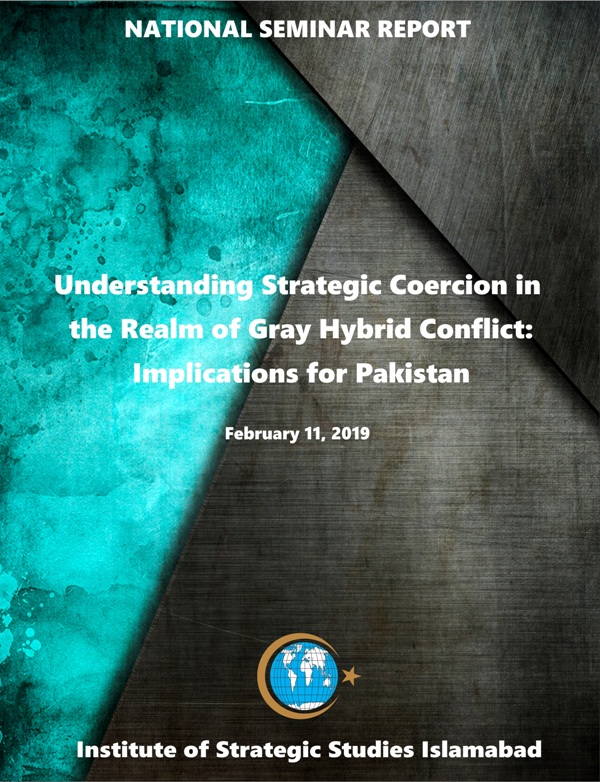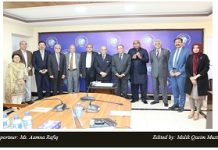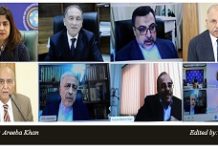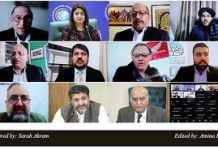CONCEPT NOTE OF THE SEMINAR
Under the shadow of nuclear weapons and the role of non-state actors, international conflict in the twenty-first century has assumed far more complicated dimensions. The post-Cold War international order witnessed strategic uncertainty where the prospects of traditional inter-state wars started to decline and new or de-statised wars gained momentum. Evolving through the periods of fourth-generation and compound warfare, the contemporary strategic environment has entered into a new millennium of hybrid conflicts which are facilitated by the globalization and information technology developments.
Hybrid warfare, non-linear war, or conflict in “the gray zone” is a synchronized use of instruments of power targeting specific vulnerabilities across the full spectrum of societal functions to achieve desired results. The main aspect that sets it apart from the attention-based conventional warfare is the capability of state and non-state actors to systematically use the creativity, ambiguity, non-linearity and cognitive elements of warfare to exploit the perceived vulnerabilities of critical infrastructures in Military, Political, Economic, Civil, and Informational (MPECI) domains of the opponent. In hybrid conflict, opponent brings into play an innovative combination of MPECI techniques including economic pressure, support for local opposition groups, disinformation, and criminal activity to design a unique coercive hybrid attack which stays below the national threat and international legal thresholds. The attack can be detected only after its successful execution and manifestation of destructive effects. Furthermore, the capability to retaliate is hampered by the inaccessibility to accurate information since the targeted vulnerabilities are far beyond the domain of traditional threat assessments.
These changing contours of modern conflict have also transformed the battlefields in South Asia which is one of the significant epicentres of instability in the globalized world. In this context, the hybrid threats to the security of Pakistan have become an exceptional fusion of fervent irregular warfare and lethality of state conflict e.g. terrorism, insurgencies, cyber-attacks, weaponization of social media, resource warfare, territorial disputes, and electronic media war.
















